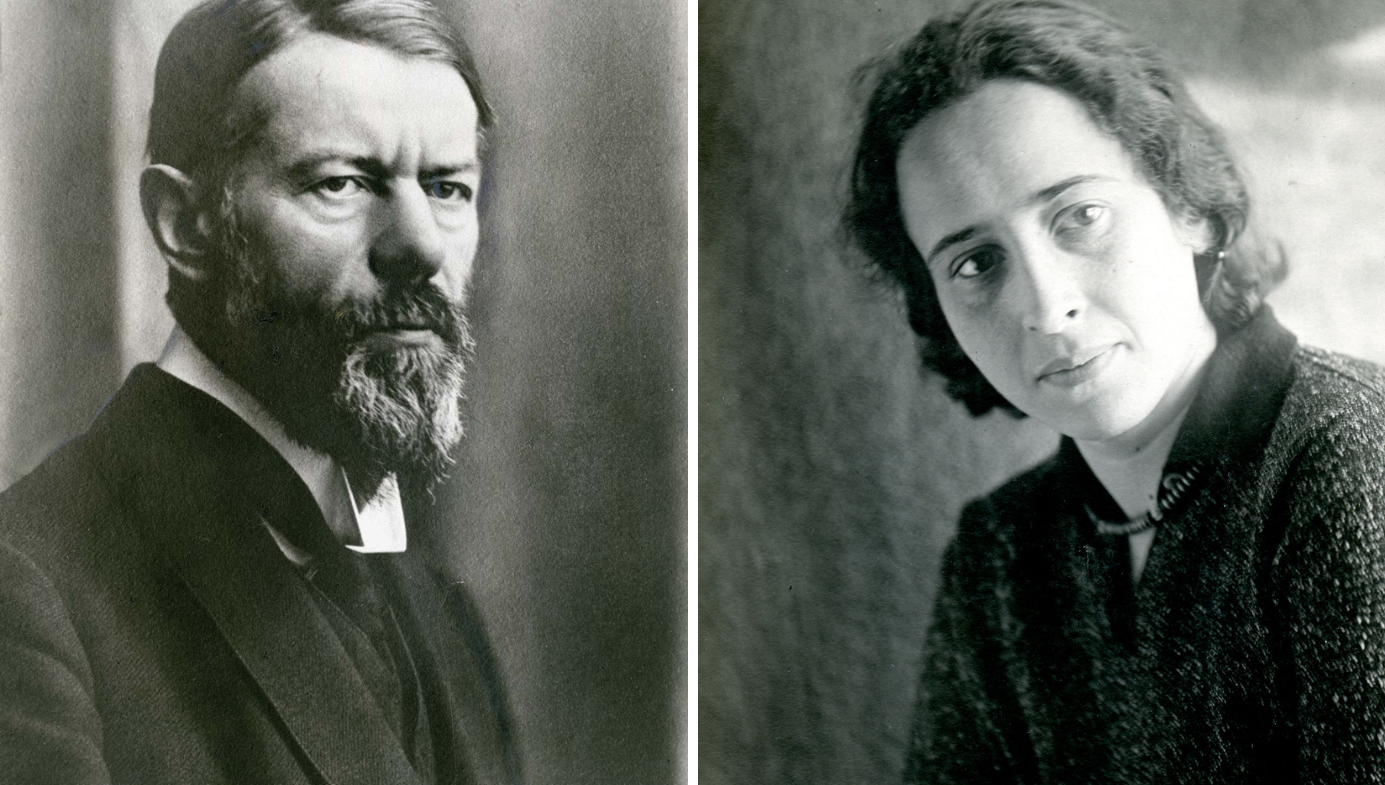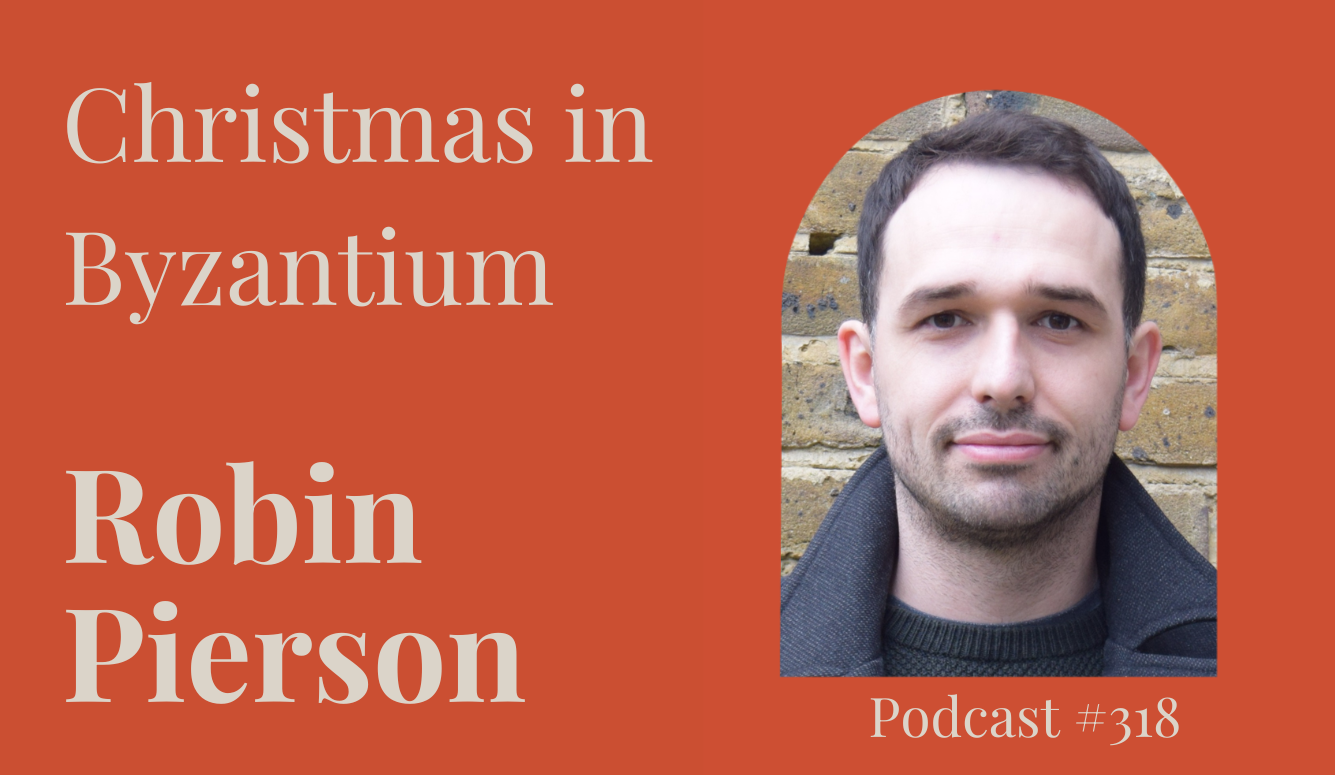Education
The Importance of Academic Impartiality

In November 1933, as rector of Freiburg University, Martin Heidegger published a letter urging students to vote “yes” in support of Hitler’s decision to leave the League of Nations. “German men and women!” Heidegger wrote, “The Führer is asking nothing from the people. Rather, he is giving the people the possibility of making, directly, the highest free decision of all.” Alongside this so-called free decision, students were ordered to march to the local polling office to vote. Heidegger, using the full authority of his position as head of the university, told students: “The Führer has awakened this will in the entire people and has welded it into a single resolve. No one can remain away from the polls on the day when this will is manifested.”
Intellectual thought in Weimar Germany was diverse, but many scholars could not resist the allure to proselytize from their podiums. Carl Schmitt—an international relations theorist who defined the political as the possibility of violence against enemy groups—joined the Nazi Party in 1933 and advocated for book burnings. Both Schmitt and Heidegger produced enduring works of philosophy that are still read for their influence today, but this sinister turn hangs over their legacies. In the chaos of the interwar period, many students were desperate for political answers. While some academics believed it was irresponsible to use their position to advance any cause beyond the impartial pursuit of truth, others took up a party line.
Heidegger and Schmitt are extreme examples of professors allowing politics to cloud their academic responsibilities, to say the least. I do not raise the horrors of Weimar in an attempt to write a cheap polemic about culture-war issues on campus today. Rather, I believe that studying the response to academic overreach in Weimar, particularly from the philosophers Max Weber and Hannah Arendt, may clarify the foundations of our academic speech debates today. Extreme examples often push thinkers to consider problems more deeply, which Weber (a contemporary of Schmitt’s) and Arendt (a student of Heidegger’s) surely did.
Weber and Arendt were clear: the scholar’s job is not to preach particular values to their students, but to facilitate a clarity of facts and open debate so that students may choose for themselves. As early as 1917, Weber was concerned that scholars were using their lectures to preach new “theisms” to their students. In a speech titled “Science as a Vocation,” he said that the “only morality that exists in a lecture room is that of plain intellectual integrity.” Just as we can no longer claim the purpose of research is to understand God, so too must we reject “happiness” or the advancement of an ideology. Rather, the purpose of academic study for Weber was to provide clear information so that individuals could existentially choose their own values.
Weber encouraged professors who could not endure the fate of the age to quietly join a church and be done with it. To those who still insisted on using their position as “prophets and demagogues,” he wrote: “Go out into the streets and speak openly to the world, that is, speak where criticism is possible.” It is hardly fair to preach to an audience of students who are expected to remain silent, either by policy or by conformist social pressures. A professor may have a public persona versus a teaching persona, but this should always be done carefully with the understanding that “whenever the man of science introduces his personal value judgement, a complete understanding of the facts comes to an end.” Vanity, Weber warns, is an “occupational disease” in scholarly and academic circles.
Importantly, this is neither a claim about the “right” to speak, nor the “harm” that academic speech might cause. Weber invokes an internal ethic of responsibility to the cause of truth-seeking itself. He argues that a scholar who allows a new theism to infect his or her lectures should face the “sharpest criticism in the forum of his own conscience.” This depends primarily on an internal calling to seek the truth wherever it leads, not on university bureaucrats or state legislatures. While discussions of academic rights and harm are important, such an internal concept of scholarly responsibility is often ignored in campus speech debates today.
Hannah Arendt’s essay “Truth and Politics” echoes similar themes. She begins by acknowledging that in some ways, this is a timeless problem: “no one has ever doubted that truth and politics are on rather bad terms, and no one, as far as I know, has ever counted truthfulness among the political virtues.” In this context, since Plato first founded his Academy, we can see a dream of the university as a counter-society of Socratic debate and iconoclasm. This position opens the university to all sorts of political influence, perhaps even direct conflict with the public world beyond the university.
Yet Arendt notes that a dream came true which even Plato did not expect—the political realm voluntarily accepted that it “has a stake in the existence of men and institutions over which it has no power.” For Arendt all universities, public or private, depend on the goodwill of government, since the “very important political function of supplying information is exercised from outside the political realm, strictly speaking; no action and no decision are, or should be, involved.” A careful separation of the demands of thinking versus the demands of action is a theme throughout Arendt’s work.
She therefore lists the philosopher, scientist, historian, judge, and reporter as roles which require a “solitude and impartiality” wherein “as long as any one of them lasts, no political commitment, no adherence to a cause, is possible.” This kind of impartiality requires an outsider position—a commitment to the claim fiat veritas, et pereat mundus (“let truth be done though the world may perish”). Such a radical commitment to truth-seeking may shock us now, but was common until fairly recently. In the 1972 US presidential election, Bob Woodward abstained, believing that not voting enabled him to be more objective in reporting on Watergate. The implications of this are clear: for Arendt, the liar was the “man of action” while the truth-teller was “most emphatically not.” Some professors increasingly see their job as advancing political action, but this is a mistake.
All of society benefits when institutions such as academia and journalism are protected from public influence, provided that they uphold their responsibility to impartially seek the truth. Activists on Twitter and university administrators both seem to have forgotten that the political realm benefits from a space which it cannot touch. For whatever reason (perhaps because “impartiality and the disinterested pursuit of truth” do not poll well as marketing slogans), many university bureaucrats now perceive too much risk in overseeing “refuges of truth.” Rather than keeping the university outside the power struggle of daily politics—protecting faculty members from the “dangers arising from social and political power”—professors are frequently reprimanded for controversial speech.
This brings us to an important distinction: “impartial” is not a synonym for “uncontroversial.” Arendt did not avoid controversy, losing dear friends during the backlash to her book Eichmann in Jerusalem. In fact, Arendt wrote “Truth and Politics” in response to this controversy. She reminded her readers that the university has produced many unwelcome truths throughout its history, and that its protection from social pressures is precisely what allows impartial truth-seeking to be possible. Scholars who accept the maxim “let truth be done though the world may perish” attempt to put aside commitments to ideology or personal interest. By defending three premises—one, that you should speak the truth as you see it even if the consequences will be negative; two, that the way to overcome dogmatism is open discussion and an impartial consideration of all perspectives; and three, that academia and journalism ought to be refuges of truth against political and social power—Arendt was defending her own vocation.
Leo Strauss, another student of Heidegger’s, wrote that there is an important difference between impartiality and neutrality. The impartial scholar is not indifferent—perhaps even holding strong political opinions on the topic at hand—but knows that he must reserve personal judgements. Describing Weber’s “Science as a Vocation” lecture, Strauss highlights the distinction between the scholar as a prophet and the scholar as a scientist: “the prophet can and must recommend on the basis of his decision what he considers to be the right aim, whereas the man of science must refrain from any such judgement.” Whatever the issue a professor is teaching, she should provide the most clear evidence available for multiple positions, then allow students to think for themselves, even if that means reserving personal judgement until later (if at all).
Needless to say, this is incredibly difficult. Everyone experiences the pull of confirmation bias toward their values. For this reason, some may reject Weber and Arendt, claiming that their vision of impartiality is impossible. However, the fact that perfect impartiality can never be achieved does not deny the responsibility to try. Weber argues that it is also impossible to be perfectly factual 100 percent of the time, yet we still hold scholars responsible for the veracity of their claims. Therefore when scholars do fail at being impartial, the response should not be to reject the goal completely, but to encourage a responsible correction.
It should be obvious that Weber and Arendt took pride in having students from all ideological horizons speak freely in their seminars. Two of Arendt’s former students described her classroom as a “free for all” of discussion and debate. They wrote that by “eschewing a doctrinaire position, and by opening up new horizons for thought, Hannah Arendt taught us by her example to think for ourselves.” Such an approach has become increasingly rare in classrooms today, a pattern which I believe would have worried Arendt. Rather than enforcing a particular vision of justice, universities should cultivate the virtue that “no human world destined to outlive the short life span of morals could survive without”—that is, “to say what is.”
Opponents of this argument may protest that “impartiality” provides a cover for a racist and patriarchal status quo. Scholarship may demand interrogating various forms of oppression, even or perhaps especially by entering the political realm. In this view, the university should use its special status not to pursue the false ideal of “impartiality,” but to sharply critique the rest of society. Power, not intellectual rigor, is the main force shaping our search for truth.
While I disagree with much of this perspective, I still believe it moves the academic freedom debate in the right direction today. Firstly, because it could be right. When facing uncomfortable ideas we should try to understand them with our best empirical and philosophical resources. But mainly, this critique has value because critical theorists invite a debate about the core issues—the nature of truth and the purpose of academia itself. This is what we are really debating when we speak of the latest campus “cancellation.”
Instead, pundits of all stripes tend to talk past one another. Academic “rights” are raised when one agrees with the controversial scholar’s position, only for the “harm” of dangerous ideas to take centre-stage when they do not. Returning to thinkers like Max Weber and Hannah Arendt brings us to the core of the issue, rather than sparring ad nauseum. The impartial pursuit of truth has been, at least in its Platonic and Enlightenment forms, the defining purpose of the Academy. The best response to a plurality of values (even those dark and nihilistic) is not for responsible scholars to take up their own morally righteous causes, but to recommit to the values of the institution itself. First among these has been a commitment to the pursuit of truth no matter where it leads.





